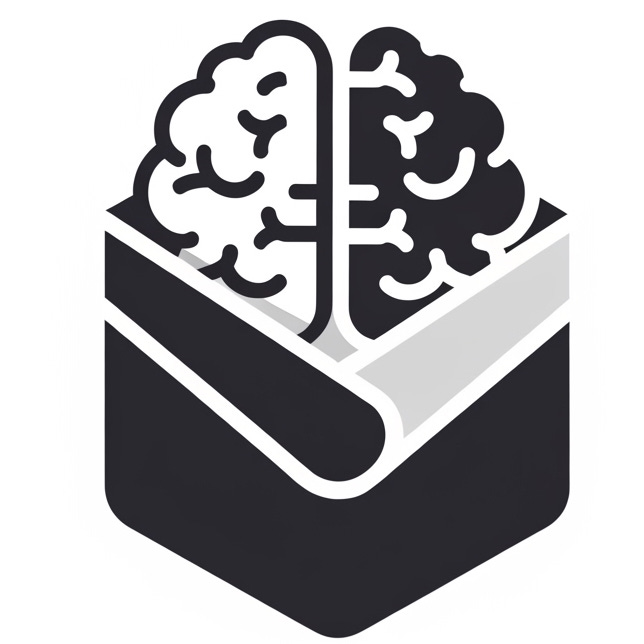Demis Hassabis, CEO of Google DeepMind, recently claimed that AI-driven ‘radical abundance’ will make us less selfish and more cooperative.
It’s a lovely idea, but I think he’s got it backwards.
Fix Scarcity, Fix Humans
Hassabis’s theory goes something like this. Human selfishness is a product of scarcity.
Once AI solves scarcity, abundance will make us more altruistic. This idea echoes some theories in evolutionary psychology, which link competition to limited resources.
It sounds reasonable at first glance. I mean wouldn’t you be more generous if you knew there was enough for everyone?
But here’s the problem. Having more than enough doesn’t magically turn people into saints.
Rich People Problems
Consider the ultra-wealthy. Even with more than enough, they compete over yachts, art, and even trips to space.
As psychologist Keith Payne notes in ‘The Broken Ladder,’ status competition persists even when material needs are met.
This isn’t limited to billionaires. Give people enough to cover the basics, and they don’t stop wanting more.
They just shift their focus to a nicer car, a better school for their kids, or a fancier holiday than their neighbours. We’re wired to care about relative status, not just absolute comfort.
The Tech History Lesson We Keep Ignoring
What really gets me about Hassabis’s prediction is that we’ve heard this story before.
History is full of tech optimism.
The printing press would end ignorance, radio would bring peace, and the internet would unite us. In reality, each new tool has amplified both our best and worst instincts.
The internet gave us fake news and conspiracy theories. Social media, designed to bring us together, has arguably made us more divided than ever.
Technology doesn’t change human nature; it amplifies what’s already there. And if the internet couldn’t make us less selfish, why would AI be different?
The Control Problem Nobody Wants to Talk About
There’s another issue that Hassabis seems to brush aside. Even if AI could create abundance, who controls it?
As AI ethicist Timnit Gebru and others warn, tech ownership is already concentrated among a handful of corporations.
Why expect them to distribute abundance any differently? We already see artificial scarcity with digital goods.
Spotify and Netflix could, in theory, make all content universally accessible, but instead, they limit access through subscriptions, exclusives, and regional restrictions.
Why would physical abundance be treated any differently?
A More Realistic Approach
AI can help solve real problems. AlphaFold is proof. But as Nobel laureate Elinor Ostrom showed, robust institutions matter more than wishful thinking about human nature.
Instead of dreaming that AI will make us less selfish, we should focus on building systems that work well even when humans remain predictably human.
Strong institutions, democratic oversight, and checks on concentrated power.
Solving Material Scarcity Won’t Solve Human Nature
Hassabis is an astute scientist, but he’s also someone who stands to benefit enormously if we all buy into his vision of AI-powered abundance.
That doesn’t make him wrong, but it does make me sceptical.
Solving scarcity won’t change our basic wiring. Evolutionary psychology shows we’ll still crave status, recognition, and belonging.
That’s not a bug, it’s human nature.
Our AI governance needs to reflect that reality, not chase utopian fantasies. The future of AI isn’t about making us less selfish but about building systems robust enough to work with humans as we really are, flaws and all.
Watch WIRED’s interview with Hassibis here:
If you find value in these explorations of AI, consider a free subscription to get new posts directly in your inbox. All my main articles are free for everyone to read.
Becoming a paid subscriber is the best way to support this work. It keeps the publication independent and ad-free, and gives you access to community features like comments and discussion threads. Your support means the world. 🖤
By day, I work as a freelance SEO and content manager. If your business needs specialist guidance, you can find out more on my website.
I also partner with publications and brands on freelance writing projects. If you're looking for a writer who can demystify complex topics in AI and technology, feel free to reach out here on Substack or connect with me on LinkedIn.





